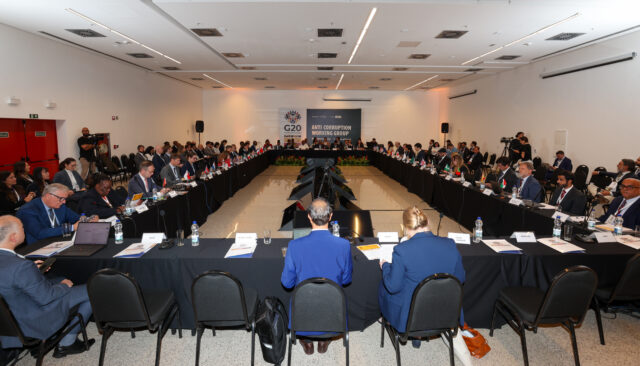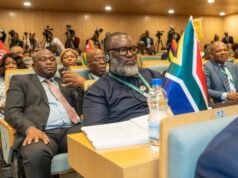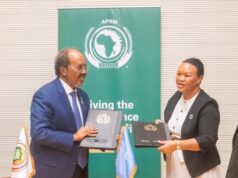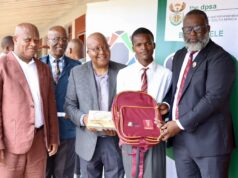Brasilia, Brazil—To enhance its commitment to combating foreign bribery, South Africa presented key strategies at the G20 2nd Anti-Corruption Working Group Technical Meeting held in Brazil on June 10, 2025.
Major General JA Matroos, Head of Serious Corruption Investigation in the Directorate for Priority Crime Investigation of the South African Police Service, outlined the nation’s efforts to promote transparency, integrity, and accountability within law enforcement agencies.
Since becoming an Enhanced Engagement Partner of the OECD in 2007, South Africa has made considerable strides in the fight against corruption. The country acceded to the Anti-Bribery Convention that same year, becoming the first African nation to do so. As a full member of the Working Group on Bribery, South Africa participates in a rigorous peer review system to monitor compliance and enforcement of anti-bribery measures.
Major General Matroos emphasized the legal framework that supports South Africa’s anti-corruption efforts. The Prevention and Combating of Corrupt Activities Act criminalizes the bribery of foreign public officials and asserts extraterritorial jurisdiction over bribery committed outside the nation’s borders. Companies can be held liable for such acts, with sanctions including imprisonment of up to 25 years and significant fines.
Promoting transparency is a cornerstone of South Africa’s strategy. The National Prosecuting Authority, Special Investigation Unit, and the South African Police Service regularly disclose investigation outcomes and publish annual reports detailing their anti-corruption efforts.
Citizens are empowered to request information under the Promotion of Access to Information Act, ensuring accountability in law enforcement. Integrity is further reinforced through codes of conduct and training programs for law enforcement officials, focusing on ethics and anti-corruption measures. These initiatives aim to cultivate a culture of professionalism within the agencies.
Accountability mechanisms are also in place, with independent oversight bodies such as the Independent Police Investigative Directorate and the Office of the Public Protector scrutinizing law enforcement activities. Regular audits by the Auditor-General and parliamentary oversight ensure that these agencies operate transparently and effectively.
Major General Matroos highlighted the importance of ongoing training and support for law enforcement officers, promoting a culture of transparency, and engaging with stakeholders to build trust within communities. He reaffirmed South Africa’s dedication to enforcing the law without fear or favour, following constitutional principles.
As the fight against foreign bribery continues, South Africa’s proactive measures at the G20 2nd ACWG Technical Meeting mark a significant step towards enhancing integrity and accountability within its law enforcement framework.









